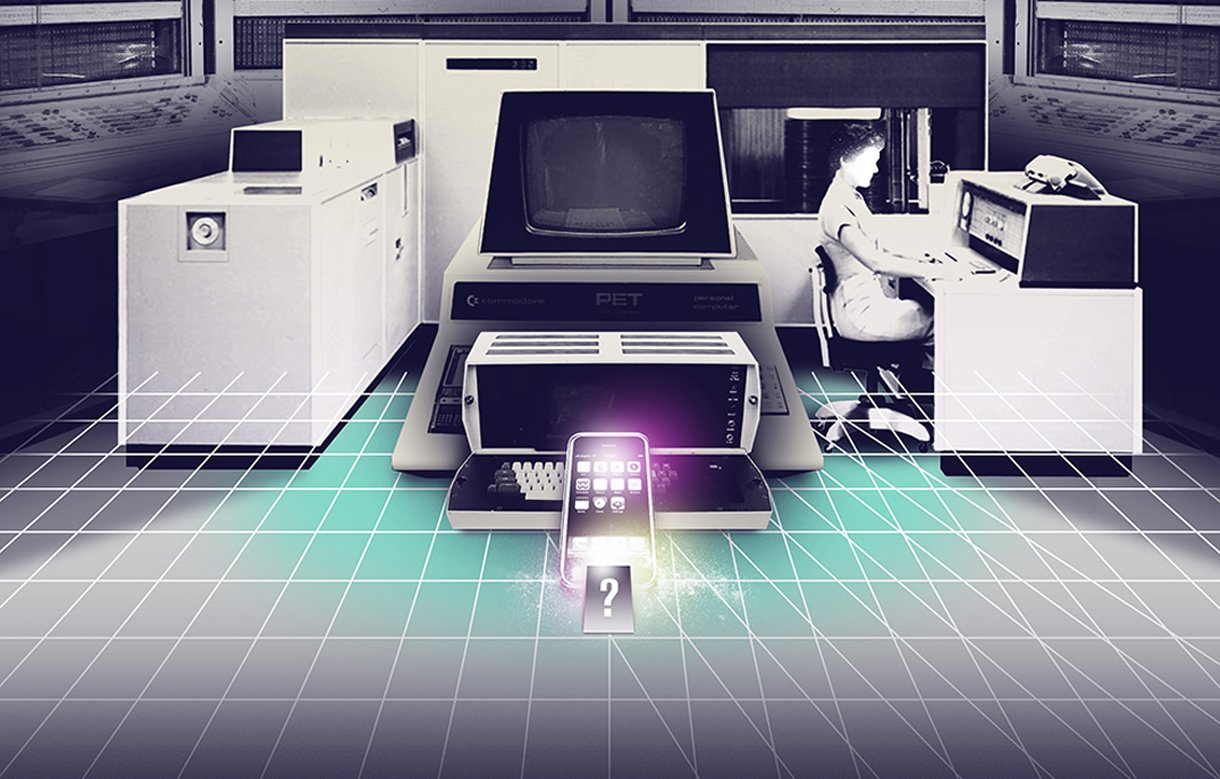The Best Hospital Management System Benefits
Recruiting qualified personnel is not enough to effectively manage today’s hospitals. High quality service is also required. Good hospital management solutions are essential for modern hospitals. This is to provide great help to the physician so that he can focus on the patient instead of writing or doing other daily tasks.
What Is Hospital Management Software?
Managing employees is a daunting task for employees because they need to process large amounts of data and large volumes of documents. The best solution you can find in this situation is the implementation of hospital management software (HMS).
A network or cloud hospital management system is a specialized software system that combines information from all departments of a hospital and automates many processes within an organization.
The HMS should include the following information categories:
• Doctor-schedule and emergency phone numbers
• Patient-medical history and personal data
• Staff-contact numbers and professional data
• Accommodation-Room availability
• Laboratory-area for testing and reporting results
• Consumables-inventory of medicines, tools and other consumables
• Billing-Calculation of patient costs
• Insurance-insurance company patient data
• Statistical reports-analysis of all data in the system and preparation of various reports.
• Telehealth-Services for telehealth monitoring and advice provision
HMS addresses the needs of the board, staff and patients, streamlining processes and improving service quality.
Hospital Management System is beneficial for doctors and nurses. Access a single database of patient information, review patient medical histories, receive test results quickly and efficiently, and modify patient card data. Make analysis and decision-making faster, more efficient, and more accurate.
Hospital administration also benefits from such a system. They can analyze doctors’ work schedules and calculate how many hours they have spent. service.
HMS helps the marketing department track the effectiveness of their campaigns, while patients receive counseling and timely treatment without waiting in line.
Migrating from legacy systems to modern systems can be an expensive solution, but proper use increases efficiency, speeds delivery, and improves patient care. The return on investment in these systems is mainly due to reduced waiting times when booking and improved service quality.
Core Healthcare Management Software Features
Hospital automation systems need to go through every stage of the healthcare process, because they aim to increase the efficiency of the healthcare business. If you plan to create an HMS, the following features can be the basis for your operation:
Registration
The system must automate the process of handling calls and filling medical records. This speeds up patient registration and acceptance. In addition, patients need to be able to book at a convenient time online or via the app. Registration also allows you to see the number of patients visiting each physician in the hospital.
Management appointment
Both physicians and patients need access to their personal accounts so that they can track booking details and make changes as needed. The system must send a text or voice message, email, or push notification to remind the patient of upcoming appointments.
Financial automation
The payment for each patient must be calculated automatically by the program for all services selected in one place at the time of booking. When a patient requests a particular service at the reception, it is assumed that the payment amount is already known. The system must automatically track the patient’s payment history, including each financial interaction. The software may also include a variable price for the initial consultation and subsequent visits.
Accountants can also use this feature to distribute funds to departments and track in-app purchases. Access may be granted to certain employees or groups.
Inventory control
The CRM software for hospitals must track the material, automatically calculate the inventory for each item, and display it in the clinical management application. This highlights the procedures and accounting material for each element. The software can also track the expiration date of in-store medicines.
Laboratory management
Medical tests and test results must be sent to doctors and patients by email or other digital channels when ready. If the result is outside the normal range, the system must send an immediate notification. The hospital management system must be able to access the test results on any device if the user has permission to access it.
Data analysis and reporting
Achieve efficiency with detailed analysis and metric measurements. HMS needs to be able to analyze data and compile reports and dashboards.
CRM Software
This feature is especially relevant for chronically ill patients who visit the hospital frequently. The system can create a personalized treatment calendar and other useful features to ensure continuous care.
Mobile applications must be an integral part of the management system. On the patient side, a simple calendar with available dates could be highlighted, while on the hospital side, the presence of physicians, other appointments, and the availability of special medical equipment can also be displayed. The hospital mobile app gives you more flexibility and convenience.
Why use a cloud hospital Control system?
The healthcare industry is taking advantage of many cloud-based features. Medical IT professionals have the freedom to choose the package that works best for their organization based on regulatory compliance requirements.
The cloud offers a level of reliability and connectivity that other technologies cannot provide. More and more healthcare companies are referencing the cloud as a solution that can include information about themselves, including images, photos, scans, and more.
In addition, appropriate measures, such as encryption and compliance with common security certificates, can easily avoid security issues that are a common reason not to move infrastructure to the cloud.














